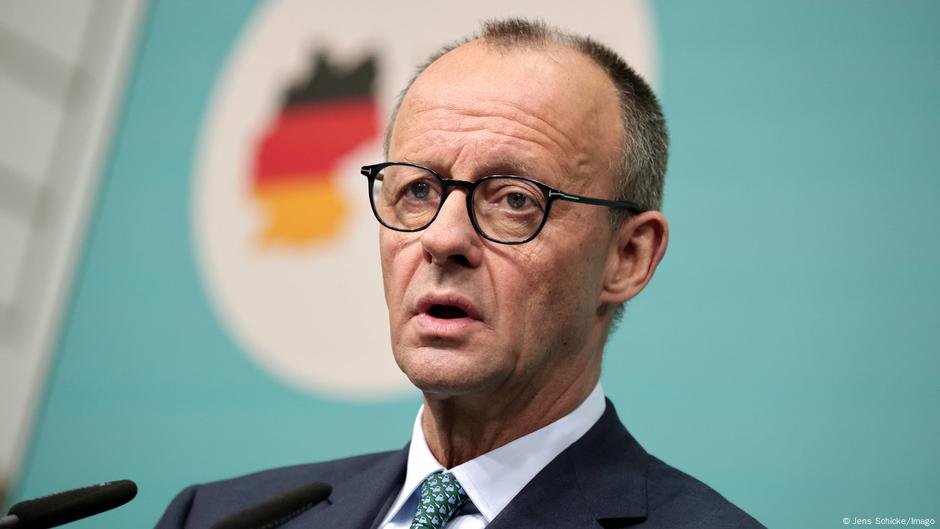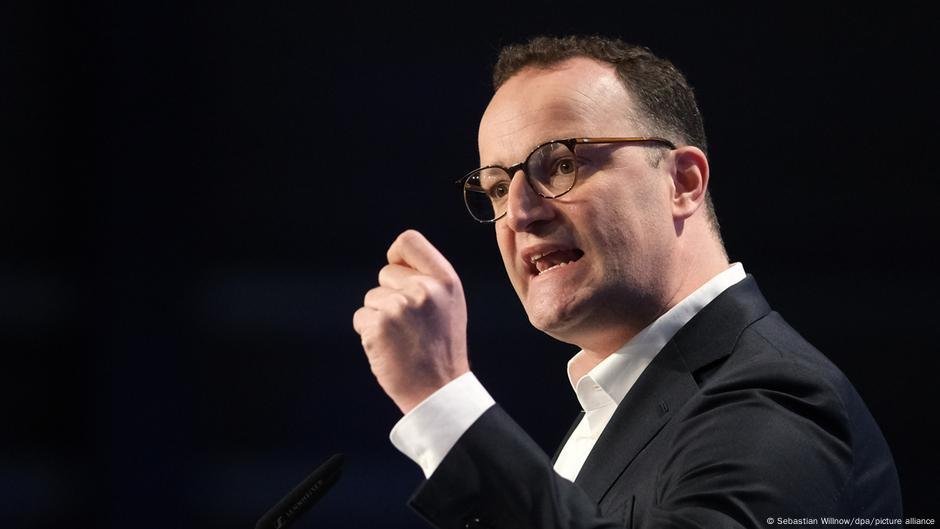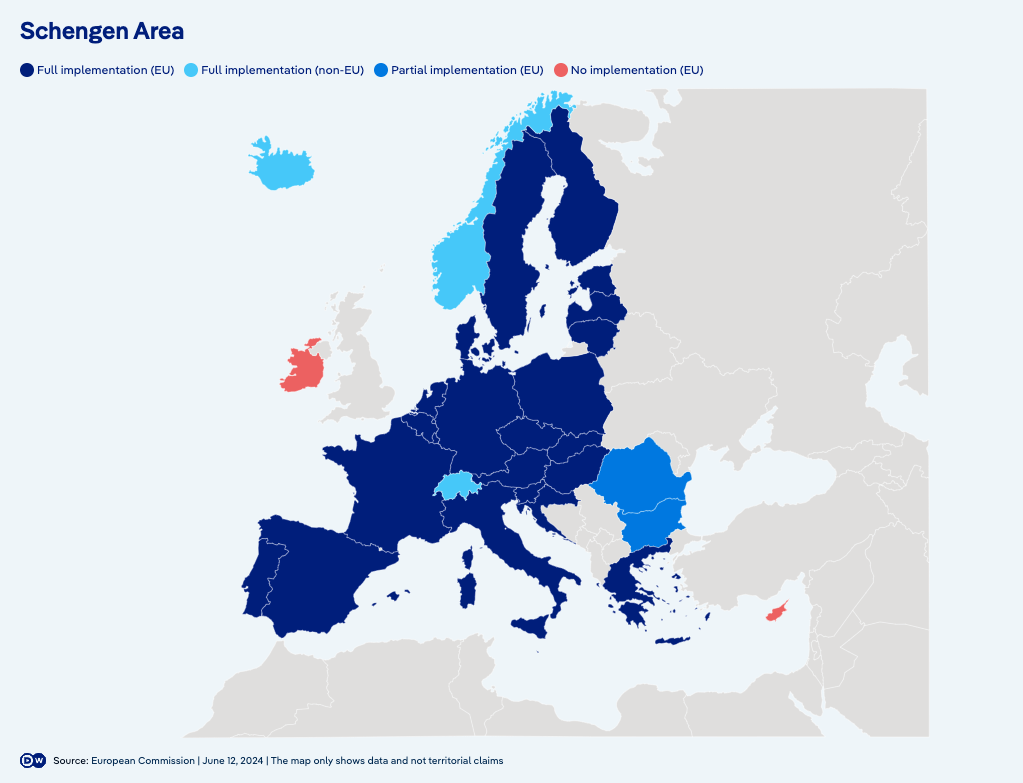Austria's new government has announced that it will not accept any asylum seekers who are turned back at the German border under proposed new guidelines by Germany’s incoming administration.
Germany's chancellor-in-waiting, Friedrich Merz, announced that he would effectively like to close down all of Germany's borders to irregular migrants and asylum seekers — much to the ire of one neighbor: Austria.
Merz argues that since Germany is surrounded only by EU member states plus Switzerland, any potential asylum applicants should have to present their case before they reach Germany, respecting the bloc's so-called Dublin agreement, which stipulates that prospective asylum seekers apply for protection in the first EU-state of entry.
The plan, however, will only come into effect once the new government is established and signs off on it, which might also require a discussion and vote in the Bundestag, Germany's lower house of parliament.
The rejection of asylum seekers at Germany's land borders would then take place if Germany's neighbors decide to act "in cooperation" with German authorities.

Read AlsoGermany: What does the future hold for migrants after announcement of new grand coalition?
Choosing specific terminology
There has been somewhat of a controversy, however, as Germany's daily Bild newspaper reported that the written terminology used by Germany's two coalition parties hoping to form the next German government — the CDU/CSU bloc and the SPD — was deliberately picked as "in cooperation" and not as "in agreement" between German and foreign officials.
CDU parliamentary deputy Jens Spahn explained that this particular wording meant that Germany's European partners would be informed about the government's steps and decision and that in the best case scenario, procedures along the border would be coordinated with them.
However, Spahn also stressed that Germany would not make itself dependent on the approval of other countries.

Austria's interior ministry in Vienna has already rejected the idea of accepting any people turned around at Germany's borders, and some fear that other neighbors might also still follow suit if the plan were to materialize.
The Ministry of the Interior in Austria has therefore instructed the relevant state police directorates not to accept refusals of entry by the German authorities … and to report any observations immediately," it said.
Presumptive Chancellor Friedrich Merz said he would resort to announcing a state of emergency in order to push the closing of the borders through — though it is uncertain for how long he could justify Germany's withdrawal from the EU's Schengen zone, in which freedom of movement across borders is guaranteed.
Read AlsoPolish man sues Germany over border checks
Austria stuck between two uneasy chairs
Austria — for one — says that under current EU law, people cannot be turned away if they're applying for asylum, not even if they should have applied in another EU country or in fact have lodged claims in other EU countries.
According to Austria's interpretation of the law, an asylum claimant has to be accepted and processed in the country where he or she may apply, even if the result of that assessment down the line is that they should be sent back to the EU country where they first arrived. Anything less would be "in violation of EU law," the Austrian Interior Ministry said.

Austria's stance may come as a surprise as there, too, a coalition between conservatives, social democrats and liberals just took over leadership. Austrian Chancellor Christian Stocker, a conservative, declared recently he was pleased by the fact that other EU countries are also focusing more on irregular migration.
"It is gratifying, but also absolutely necessary, that Germany is also committed to taking consistent action against illegal migration," he said.
"We have been advocating effective measures for years, in particular robust external border protection. Because the better the external borders are protected, the fewer problems there will be at internal European borders."
Read AlsoSchengen zone expands, but border checks persist across EU
Austria's own plans to curb migration
However, Germany's neighbor to the south appears reluctant to pick up the tab for asylum seekers who wish to reach Germany and are turned back at the border.
In fact, the Austrian government has said that it also reserves the right to declare emergency measures if it were faced with an increase in migrants — which could extend to those who might be turned away on the German-Austrian border.
Furthermore, after introducing a series of more restrictive asylum rules, including a hold on family reunifications for people who have already been granted protection, the Austrian government also said it would counter any further strain on its reception system by implementing a complete freeze on processing existing applications for asylum and a refusal to accept any new applications.
Read AlsoAustria's new coalition takes hard stance on migration
With dpa
